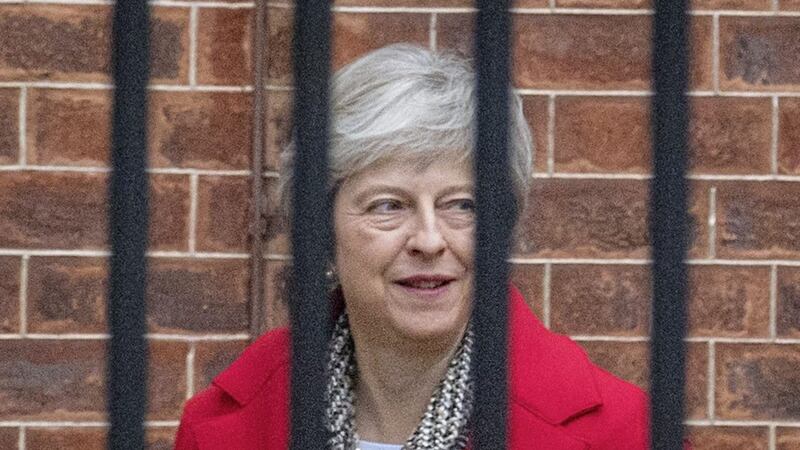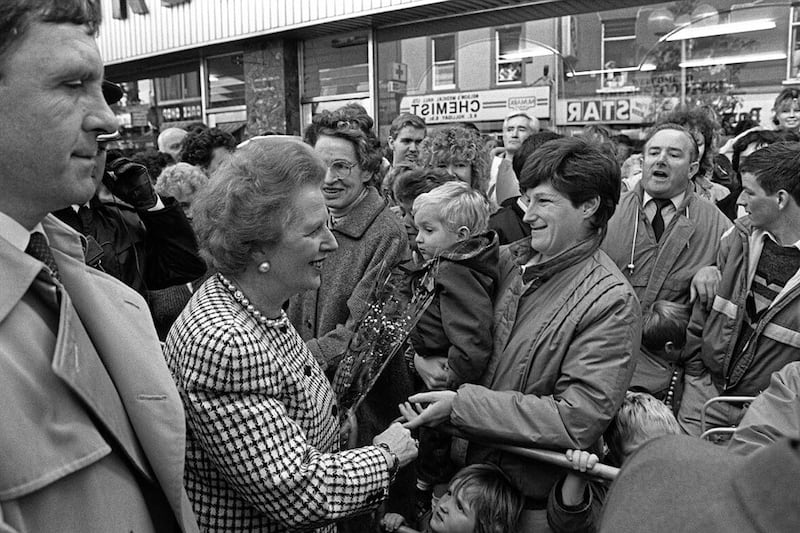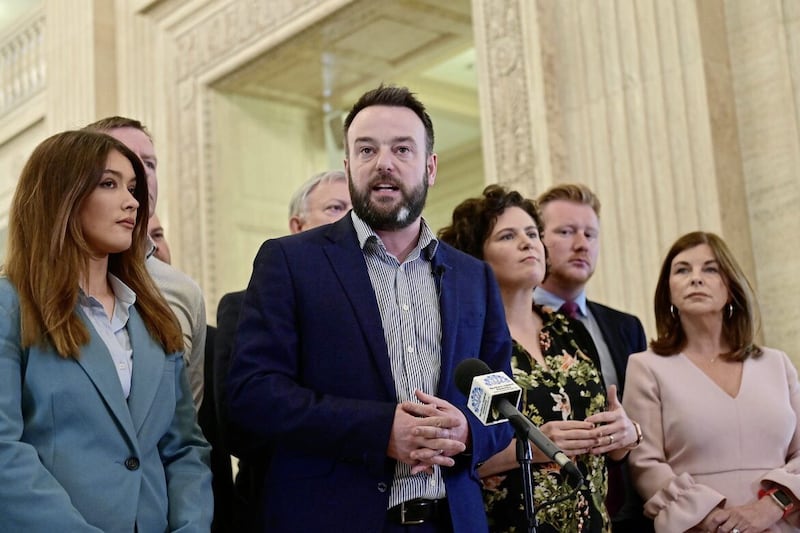When Bill Clinton beat George Bush Snr he did so on the back of his focus on the economy. The phrase that resonated with American voters was, 'It’s about the economy, stupid!'
As Mrs May defiantly defends the terms of the EU Withdrawal Agreement, she also knows it is about the economy. It’s about jobs and investment. She is now banking that enough MPs in parliament will agree. It’s a huge gamble. The arithmetic at Westminster is very tight and the situation, rather stupidly, is more complicated by parties laying out their positions before they have even read the Withdrawal Agreement.
For the record, this writer has now read the entire document. It’s turgid stuff. If you have trouble sleeping I’d recommend a read just before bed. It is hard to believe that this isn’t the actual deal. It's a bureaucrat's approach to foreplay and believe me, Fifty Shades of Grey it is not.
Whatever your view of Mrs May, as one BBC commentator put it on Thursday evening, she is one “tough old bird”. She’s the type of leader that would be the last to leave a sinking ship. She is either doggedly determined or dotingly demented.
Or she may just be the most cunning of all politicians. It’s hard to know.
To wade through the minefield of parliament, Mrs May needs to pull a very large rabbit from her hat. There isn’t a commentator in Britain or Ireland who knows what spectacular Mrs May could possibly pull off.
Perhaps she has calculated that the numbers are there to scrape this Withdrawal Agreement through. Maybe she is right and this is the best deal out there. Certainly, the British public aren’t looking for her head - just yet.
To set the record straight, this deal is no dream come true for anyone who voted to Remain. The UK will leave the EU. The benefits of EU membership will be gone. British businesses will suffer particularly manufacturing. Jobs will be lost.
And food stuff will become slightly more expensive. Northern Ireland will be perhaps the most affected region of all.
Companies will struggle to recruit staff. The numbers of nursing and care workers will be depleted.
Put simply there is no good news from Brexit in the short to medium term.
In fact, if you believe arch Brexit campaigner, Jacob Rees Mogg, any benefits may not materialise for a ‘generation or maybe fifty years’.
His enthusiasm and that of the DUP to play roulette with the livelihoods of hundreds of thousands of ordinary working people is not only breathtaking but economic treachery.
Rees Mogg, Johnson, Hoey and the DUP MPs are pursuing the narrow agenda of nationalism. And there’s nothing patriotic about their actions. A definition of patriotism, to borrow the words of President Higgins, is where “we all live in the shadow and shelter of each other”.
Mrs May has clearly not won over the hearts and minds of the DUP but she has won over the pragmatic minds of nearly every representative business body in Northern Ireland and the main business leaders.
Crucially the food and drink industry and the Ulster Farmers' Union also back her. These are the people who drive the Northern Ireland economy. They recognise it's ultimately about the economy. And the May deal should be seen in the context of the economic well being of Northern Ireland. This is an economic solution to a problem caused by politics. Issues about identity or sense of Britishness or Irishness will remain unaffected. Northern Ireland is both a place apart and part of a place.
But back to the arithmetic. The Labour Party has, if it's possible, an even more complicated position on Brexit than the Tories. Ostensibly they want to stay in the customs union and replicate a trade deal as close to the one which already exists. At their conference they committed to a new people's vote if a deal couldn’t be struck.
In media interviews Mr Corbyn appears as committed to Brexit as Boris Johnson. Some Labour MPs who could only be described as Corbyn-phobic are likely to vote for Mrs May's deal but she will need more than that.
Sinn Féin’s votes would obviously be useful but abstentionism means that they are chocolate fireguards in protecting the wider public interest. So where does the PM get her rabbit? Possibly with the Scottish Nationalists? Not as fanciful as one thinks as two thirds of Scots want Brussels powers post-Brexit handed back to Holyrood, not Westminster.
The horse trading will soon begin.









